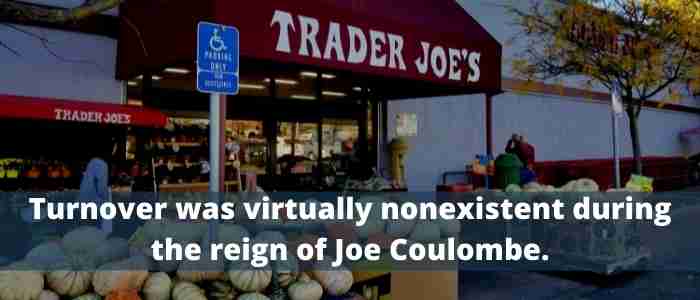When you walk through the isles of a grocery store, are you curious about how every product made its way to the shelf? For instance, what’s the story behind the fisherman on boats for months at sea dragging nets for shrimps? What are the odds of a new product finding its way to a store shelf, and at what cost? Who are the women drivers getting our food from point to point? And can we trust the certifications stamped on labels?

Interview Highlights
The Question Everyone Asks Benjamin Lorr
- The really short answer
- Can consumers influence the bigger system
- Limitations to voting with our dollars
Lynn the Truck Driver
- Dramatic changes during the past forty years
- Industry formerly dominated by unions
- Blue-Collar workers who are skilled
- Lynn’s $100 week
- Owner-operators and their financial bondage
- About 5% in the industry are women

Do you know these five trucking terms?
- Load planner
- Dispatcher
- Receiver
- Lumper
- Producer
Thai Shrimp
- Not the only commodity where abuses against workers exist
- Workers who escape perilous situations only to go back
- Trickle-down economics doesn’t work in this industry, or others
Trader Joe Coulombe
- A business person who was a humanist
- 7-Eleven invading a prior business – best thing that ever happened to Joe
- Marketing canned corn like wine

Food Auditing
- Who pays for the auditing?
- Audit snapshots
- Does auditing work for food safety?
In reality, audits are faulty, easily gamed, expensive, cumbersome, and antithetical to creating trusting, mutualistic relationships.
Lorr, Benjamin. The Secret Life of Groceries (p. 211)
Slawsa
- The impossible odds of getting a new product to the short shelf
- Grinding it out with minimal profit
- A deck stacked against those without deep pockets
- Renting shelf space trumps new, great products
Objectives of the Book
- Who is this book for?
- What ‘why’ of this engaging book
- Not all stories in the grocery industry end in indignity or despair
Convenience is the great gift the grocery store gives to the consumer. Efficency its great technique for delivering it. But when you make convenience itself an end point, what then?
Lorr, Benjamin. The Secret Life of Groceries (p. 267)
Book Club Questions
This is not meant to be a complete list of questions. Should read this book with a group of others, here are some questions to consider:
- Joe Coulumbe knew very little about the grocery industry before he launched Pronto Markets? Why do you believe outsiders have an entrepreneurial advantage with startups?
- The golden stretch of truck driving occured from 1935 to 1980. Does Lynn’s story or the expose on truck driving schools mean more regulation is needed similar to the pre-1980 era?
- Paying more money for shrimp will not help people like Tun-Lin? What’s the solution in commodity-driven industry where workers are financially exploited and abused?
- Can or should food auditors be audited? Would it work? Do you trust all of the labels stamped with a certification on the food you buy? If not, why do you buy those products?
- What did you learn from Julie Busha’s story on Slawsa? Was she tenacious or crazy?
- The author eloquently states that the rewards of convenience and efficiency trump every negative aspect we know about the secret lives of groceries. Why? Will any of your food-buying habits change as a result of reading this book?
- Now that you’ve read the book, who should read it?

You can learn more about Benjamin Lorr on his website where he also includes his latest updates and his bio.

Leave a Reply